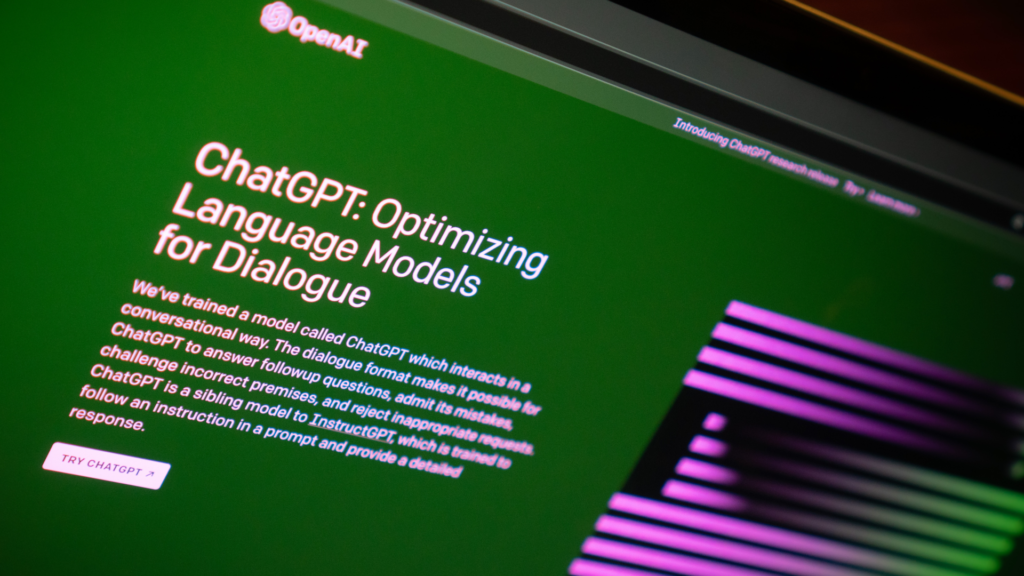ChatGPT is an AI-based chatbot that has made a place in the daily as well as business lives of people so fast. The application presents a language model that generates human-like text using the deep learning technique of Artificial Intelligence (AI) based on the user’s query.
This has been seen as an unexpected threat to human creativity this provides machines the capability of performing a creative task that was earlier considered to be a human asset. There is also a view that the algorithm may perpetuate biases generated by AI knowledge, resulting in offensive outputs in the name of creativity concerning the equality and uniformity of information.
As it starts making the buzz in the creative market and starts penetrating daily lives, businesses, etc, concerns regarding its safety and legality have also been questioned. ChatGPT answers the query without any specific non-disclosure undertaking that in turn can result in a breach of business data confidentiality along with infringement of copyright, one of the biggest safeguards to human creativity.
Besides this, the AI is capable of making mistakes and the same is true with the ChatGPT which also got mentioned in all its communication of service terms. Thus, the authenticity of data generated through AI-based tools needs a regulatory framework that can analyze these fundamental issues to get benefitted from technology systems.
To prioritize its business across the globe, OpenAI needs to work on bias reduction, transparency, and user feedback frameworks. To address the possibility of misuse of data and user privacy, AI technology needs to guarantee more responsibility. The European Union (EU) became the first to bring the OpenAI-based ChatGPT under close inspection with regards to violation of the General Data Protection Regulation on the expected risks of cyber crimes, misinformations, frauds, etc.
The legal and safety issues concerning the ChatGPT have profound repercussions in the long term. Among all, the major concerns are about intellectual property, ownership, and legal rights related to generated content and responses that must be addressed by OpenAI to leverage the power of AI for humans in a proactive mode.

